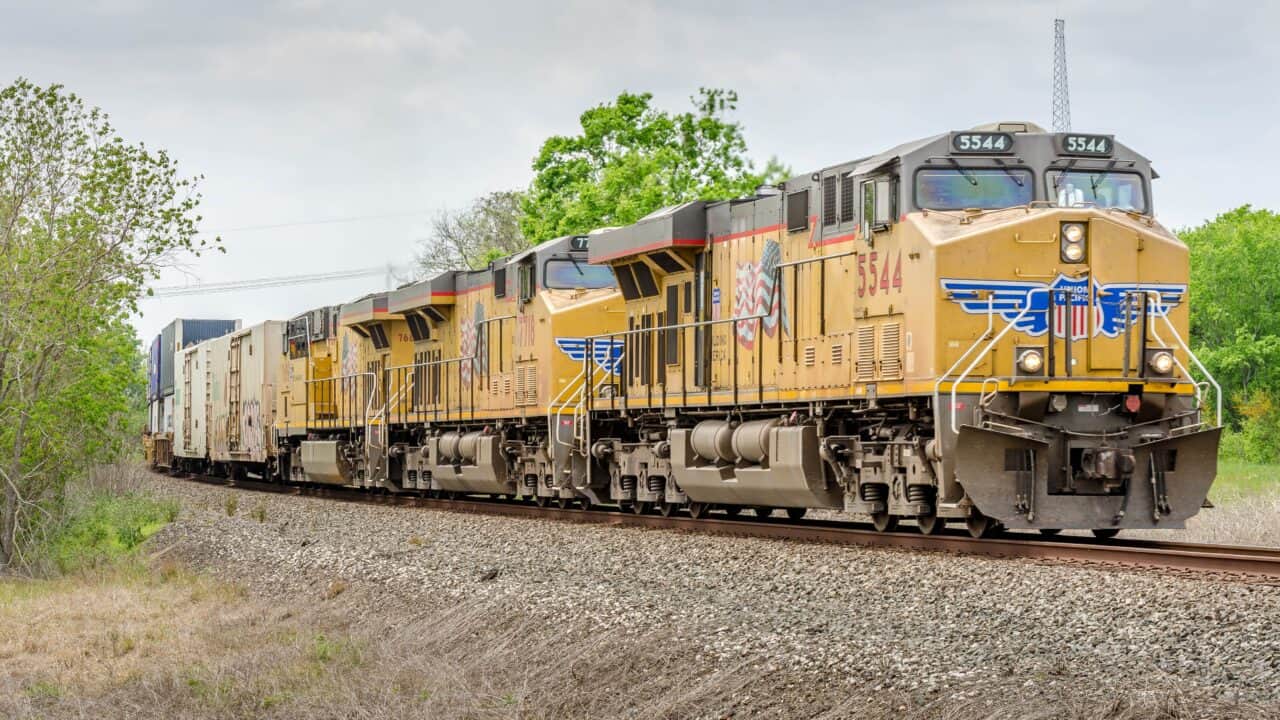 Photo by Eddie Bugajewski on Unsplash
Photo by Eddie Bugajewski on Unsplash
The U.S. Supply chain could be devastated by a national railroad worker strike as soon as Friday should labor unions and negotiators fail to reach a new labor agreement. The deadline for voluntary negotiations to end was set in motion by President Biden’s appointee to the National Mediation Board, placing significant responsibility for the looming strike on the Biden Administration.
Ten of the twelve freight-rail labor unions involved in ongoing negotiations had reached tentative deals to avoid a strike. Yet, the two largest unions covering an estimated 57,000 engineers and conductors have failed to reach a deal. The nationwide rail shutdown is set to start at midnight on Friday if no deal is reached. It would be the first rail strike in roughly three decades.
A shutdown of the national rail system could cost up to $2 billion per day as rail is responsible according to Department of Transportation estimates. Attempting to replace the freight volume for rail would be an enormous challenge as rail is responsible for roughly 40 percent of long-distance freight volume. An estimated 467,000 additional long haul trucks per day would be needed to handle the freight gap from a shutdown.
Reporting from EnergyWire provides one example of the scale of disruptions that would occur from a strike on chemical production:
“Chemicals make up the second-largest category of rail freight after coal — 55,000 carloads a week — and there aren’t enough trucks and barges to handle the volume, said Jason Miller, a professor in the department of supply chain management at Michigan State University.
A prolonged strike would have a bigger impact on the economy than the shutdowns during the Covid-19 pandemic, Miller said.
“At least during Covid, you able to keep [chemical] production going, oil production going,” he said. “You can’t do that with a rail strike.”
Biden Appointee Accelerated the Deadline for Voluntary Negotiations to End
Why is Friday the deadline for an agreement?
In June, the labor friendly Democratic majority on the National Mediation Board (NMB) appointed by President Biden accelerated the timeline of the looming strike by setting in motion a 90-day-maximum time clock toward the end of voluntary negotiations between the rail worker unions and carriers.
As the industry magazine Railway Age points out, NMB’s unprecedented action was undertaken without a work stoppage impact statement that the NMB itself sought from the Federal Railroad Administration (FRA):
“As confirmed by the FRA, the NMB on May 20 requested the FRA provide guidance on the economic impact of a nationwide rail shutdown—followed by a second NMB request for expedited handling. Yet when told the impact statement couldn’t be completed before June 20, the NMB released the parties anyway.”
NMB’s two Democrats, including Biden appointee and former Teamsters Union attorney Deirdre Hamilton, voted for the rushed release without obtaining the requested impact statement providing a full understanding of a strikes’ impact on the U.S. economy and did so against the objection of NMB’s sole Republican appointee.
Should the rail workers reject a deal, American consumers will pay the price of the strike in the form of higher prices and less available goods. The Biden Administration will deserve significant blame for accelerating the deadline for negotiations should they fail.
